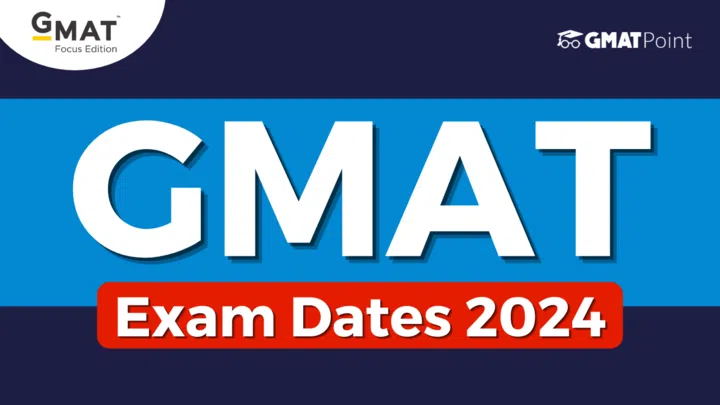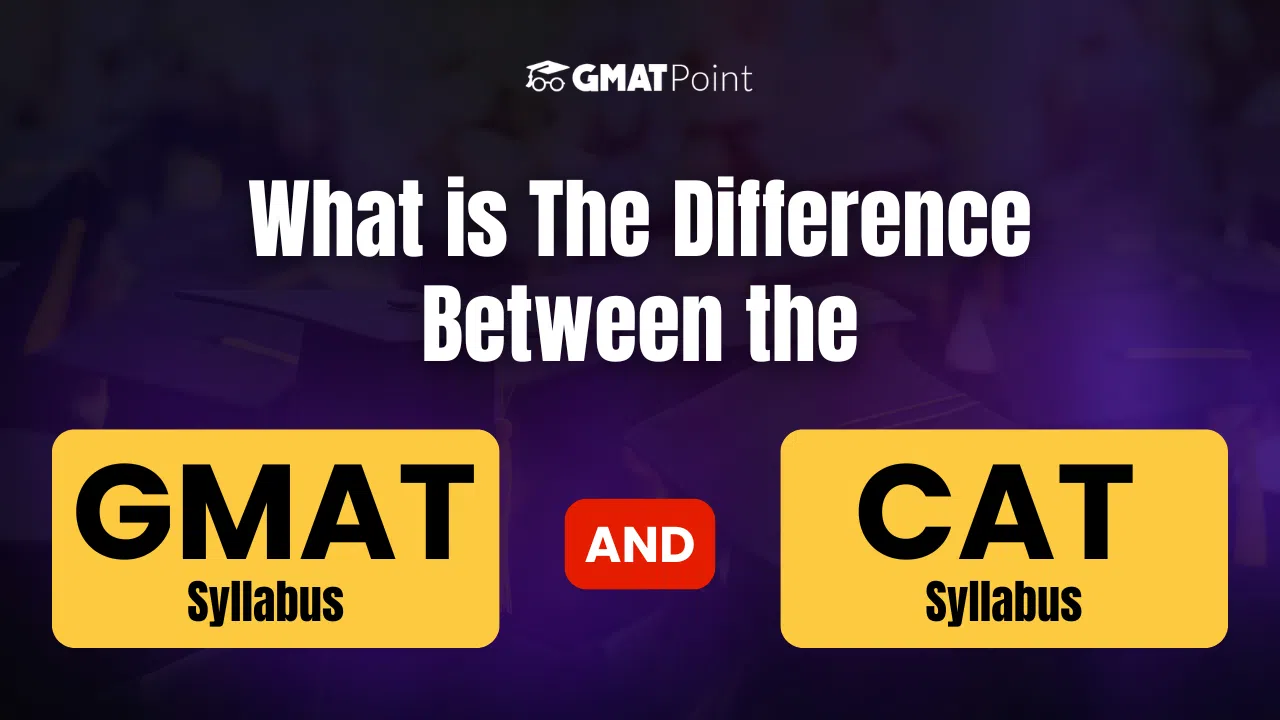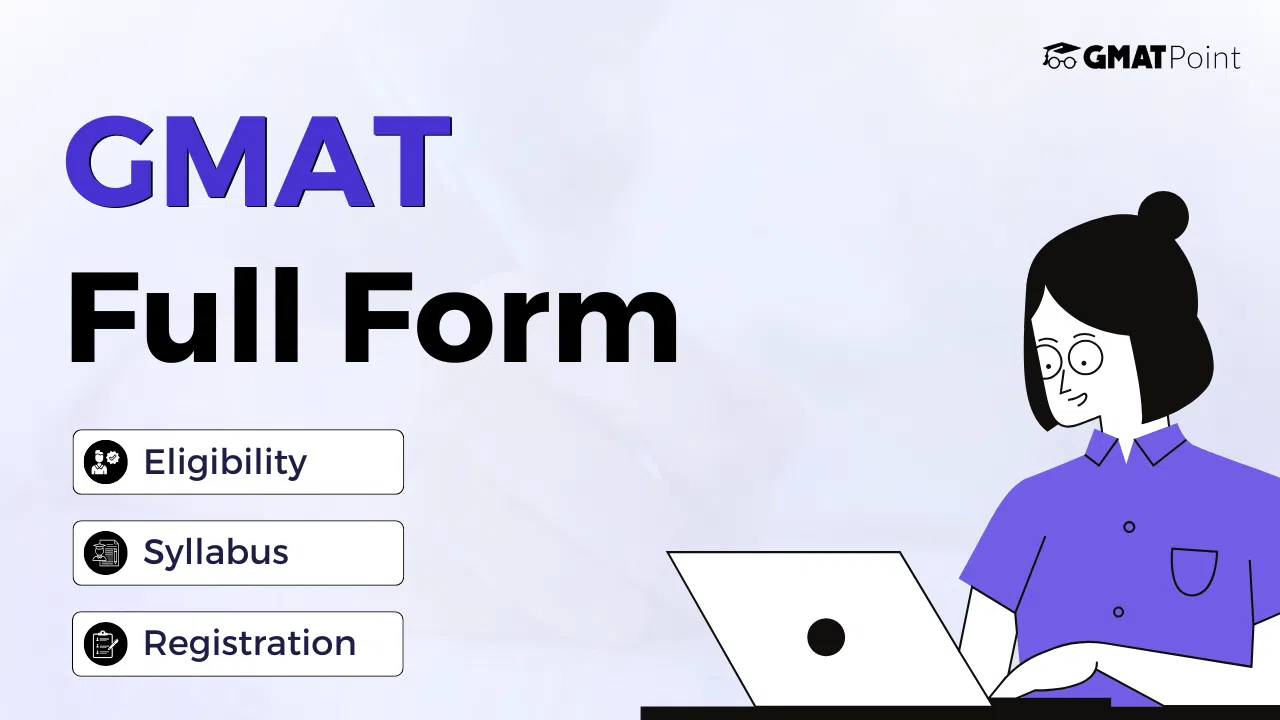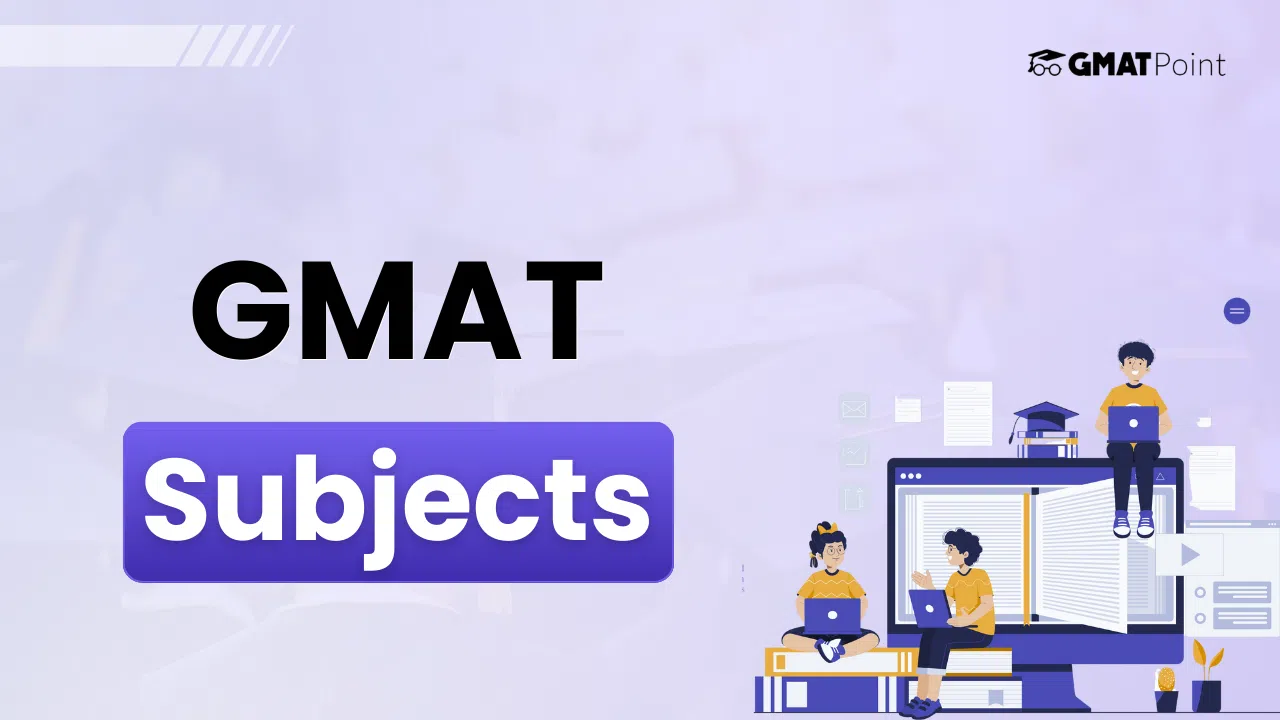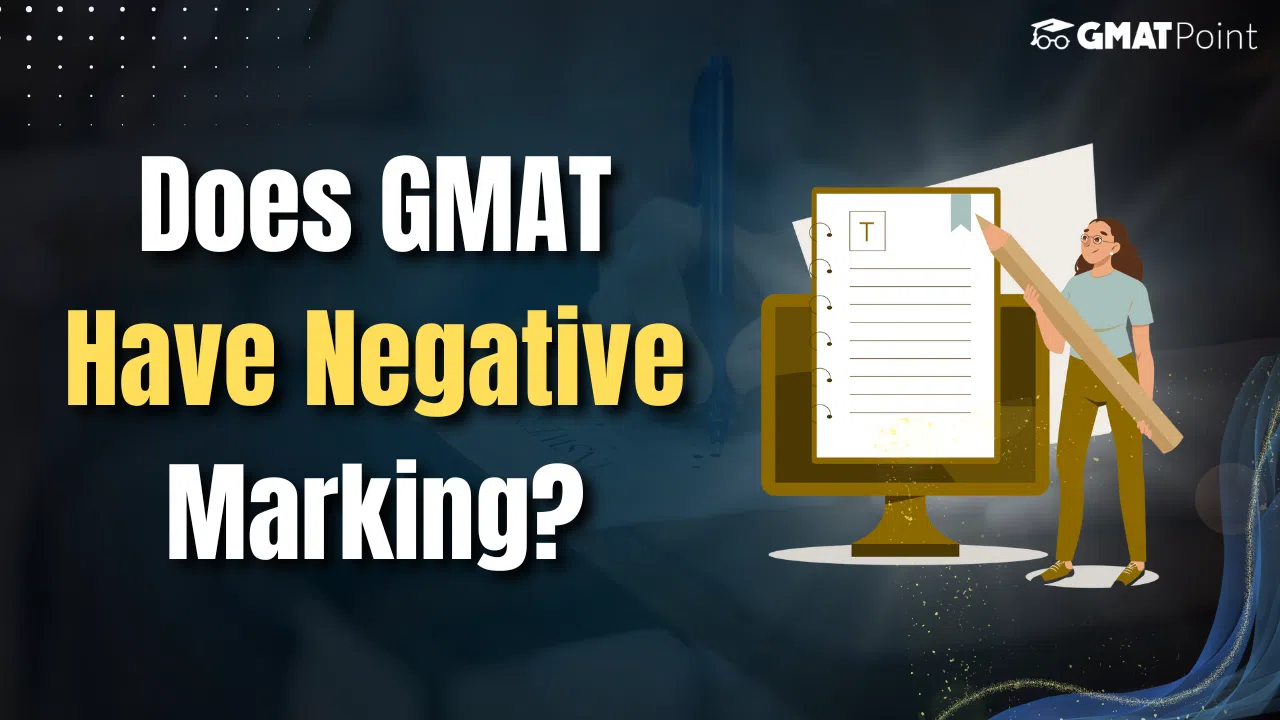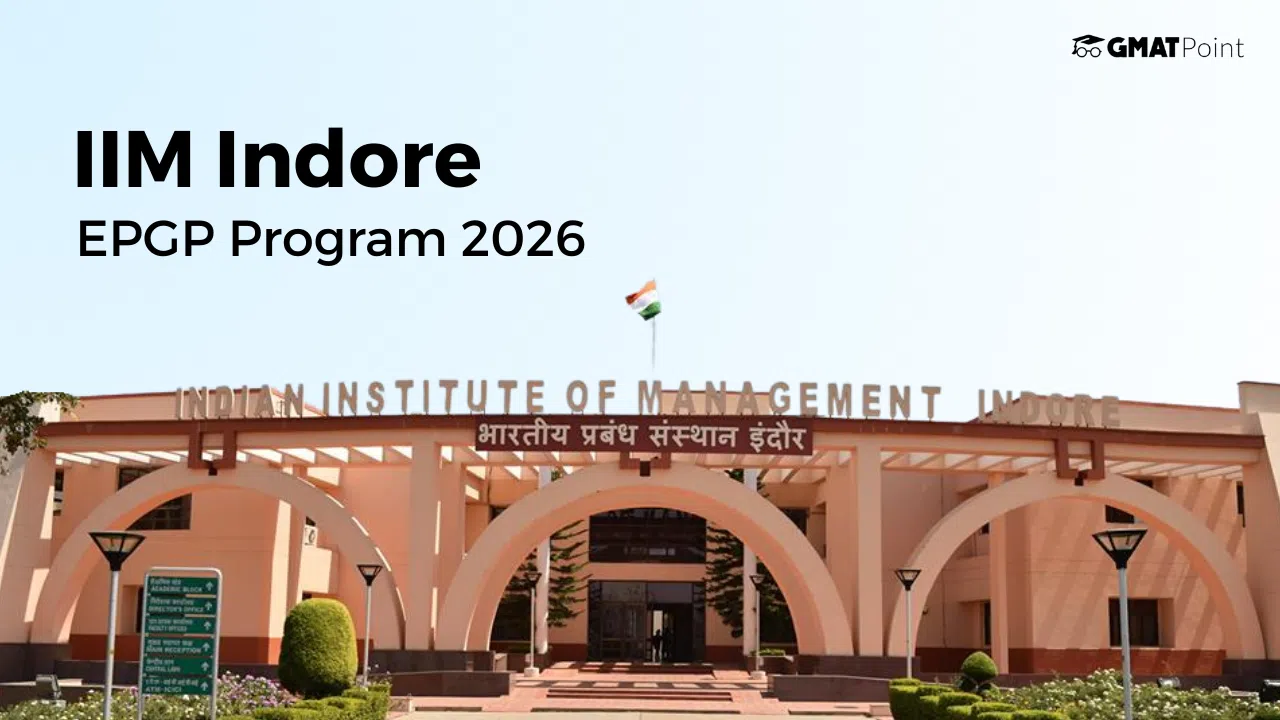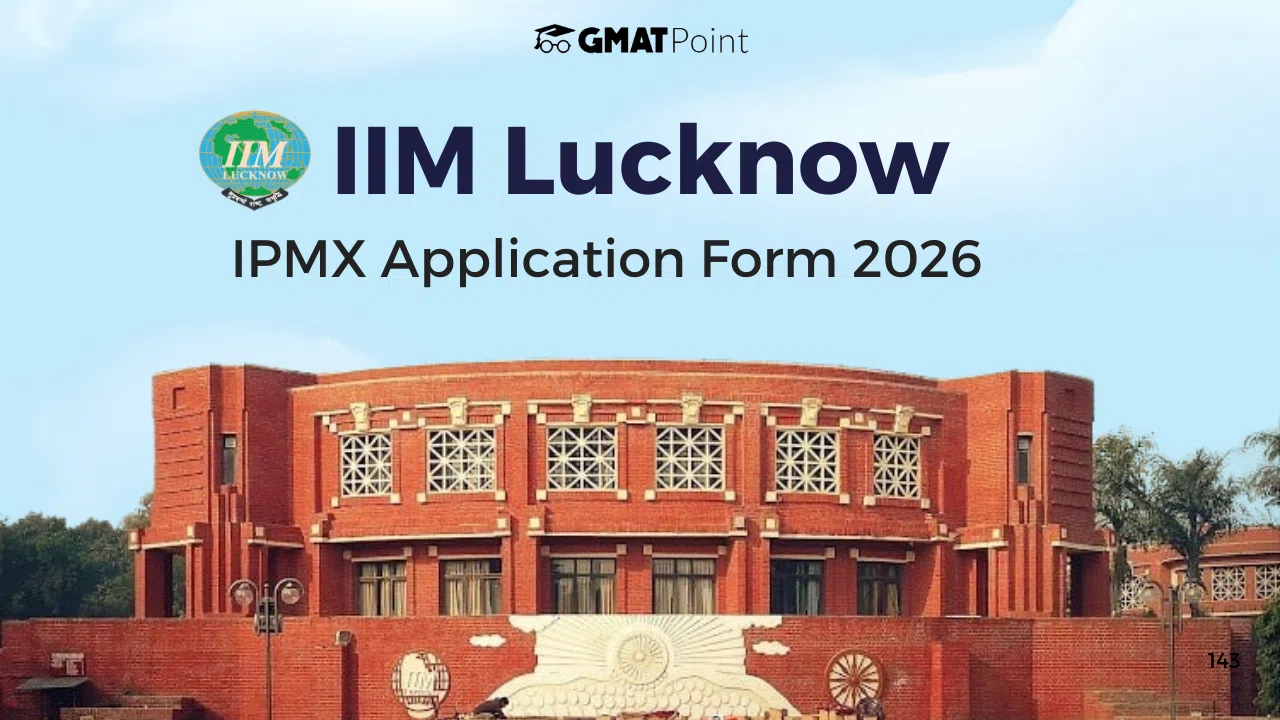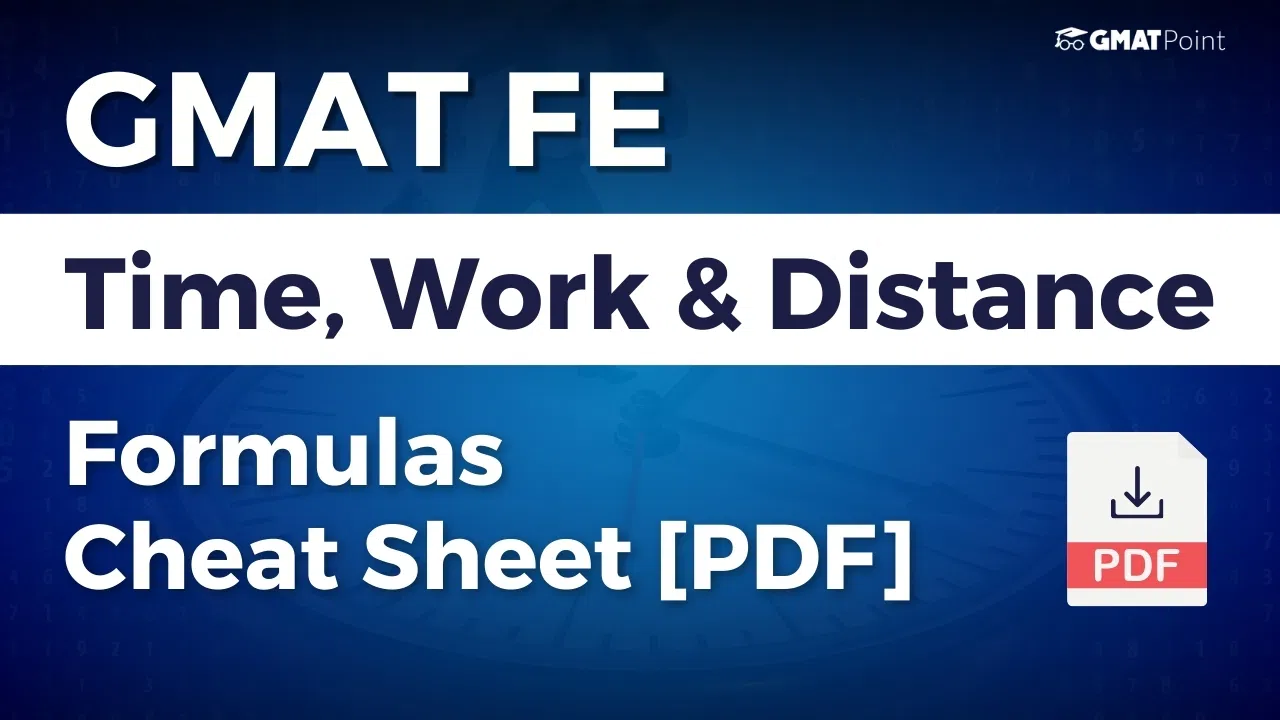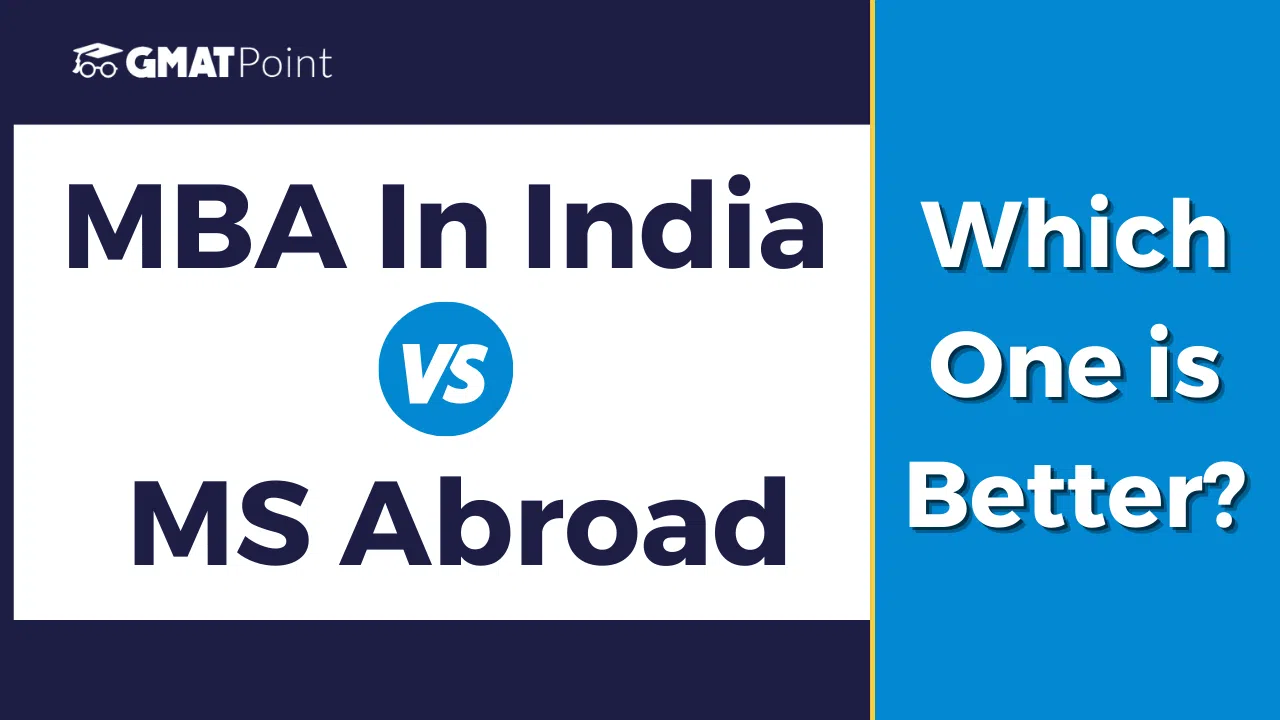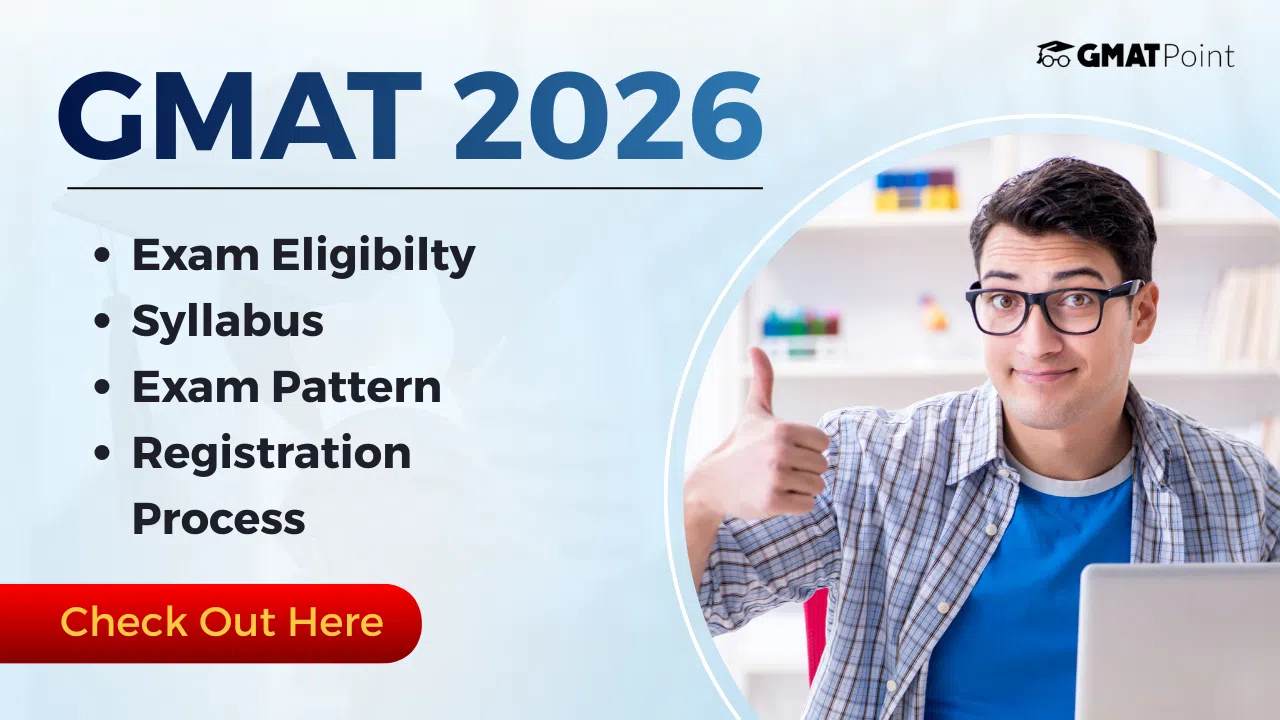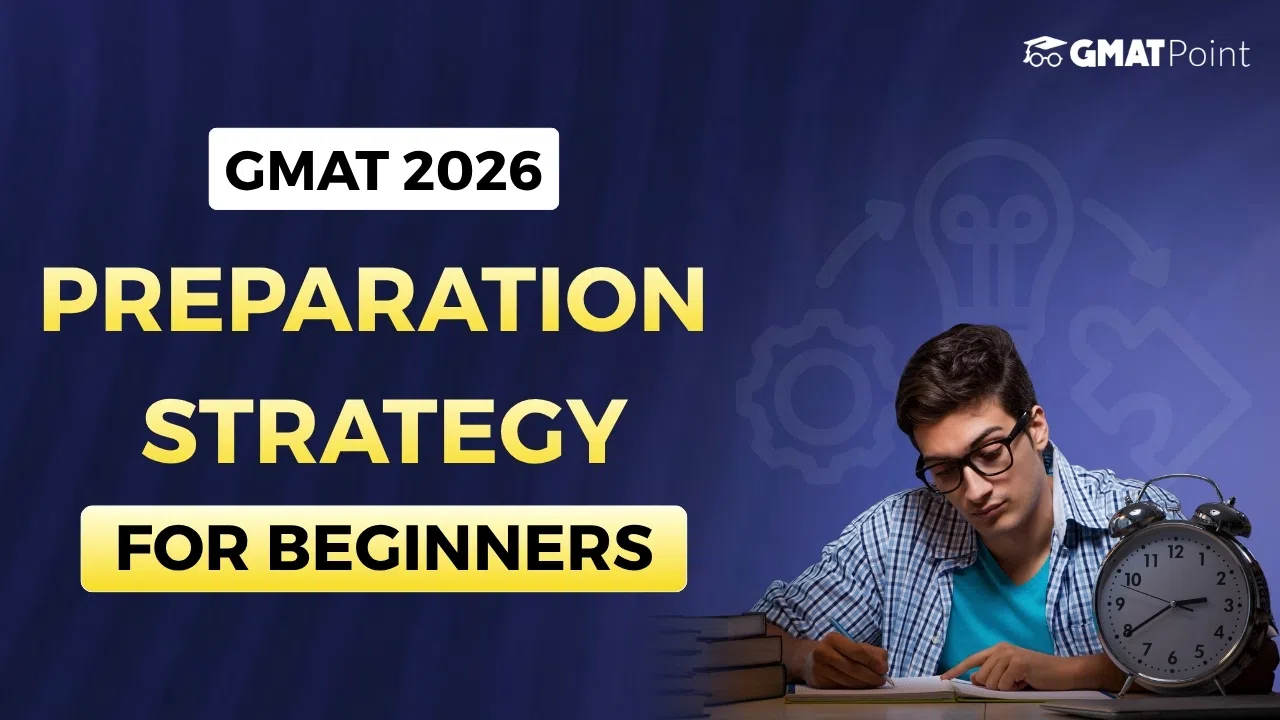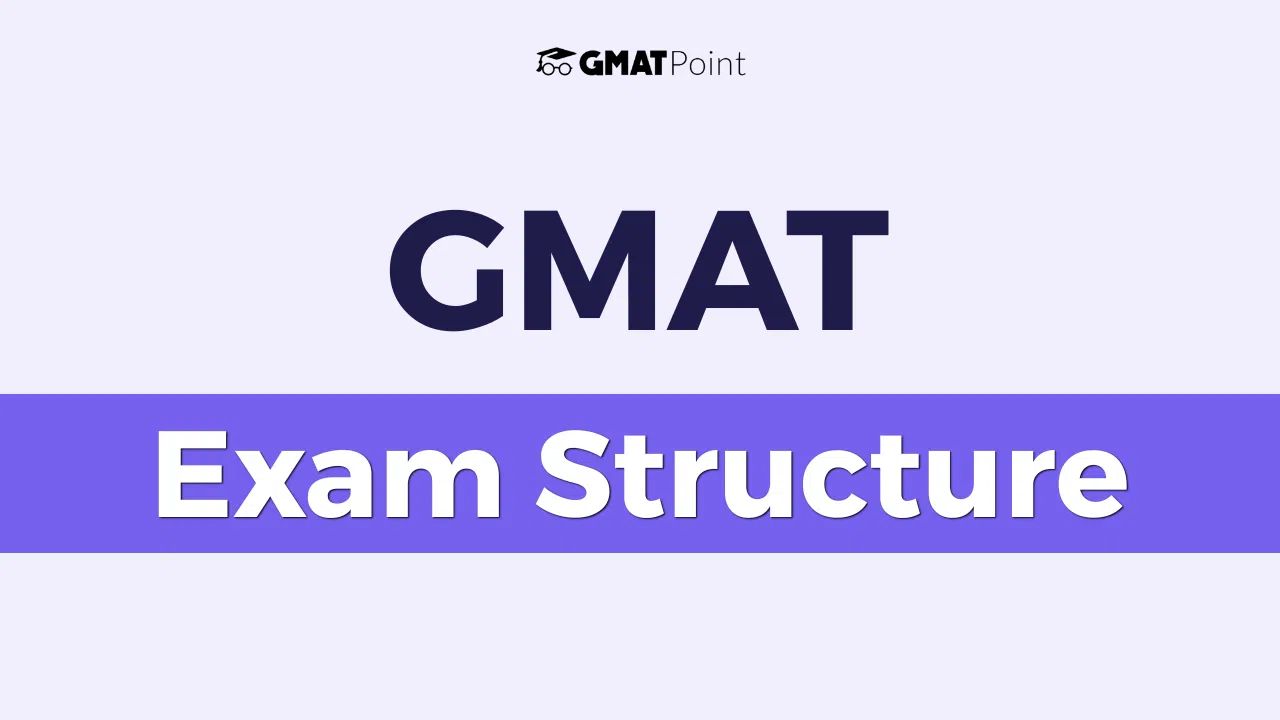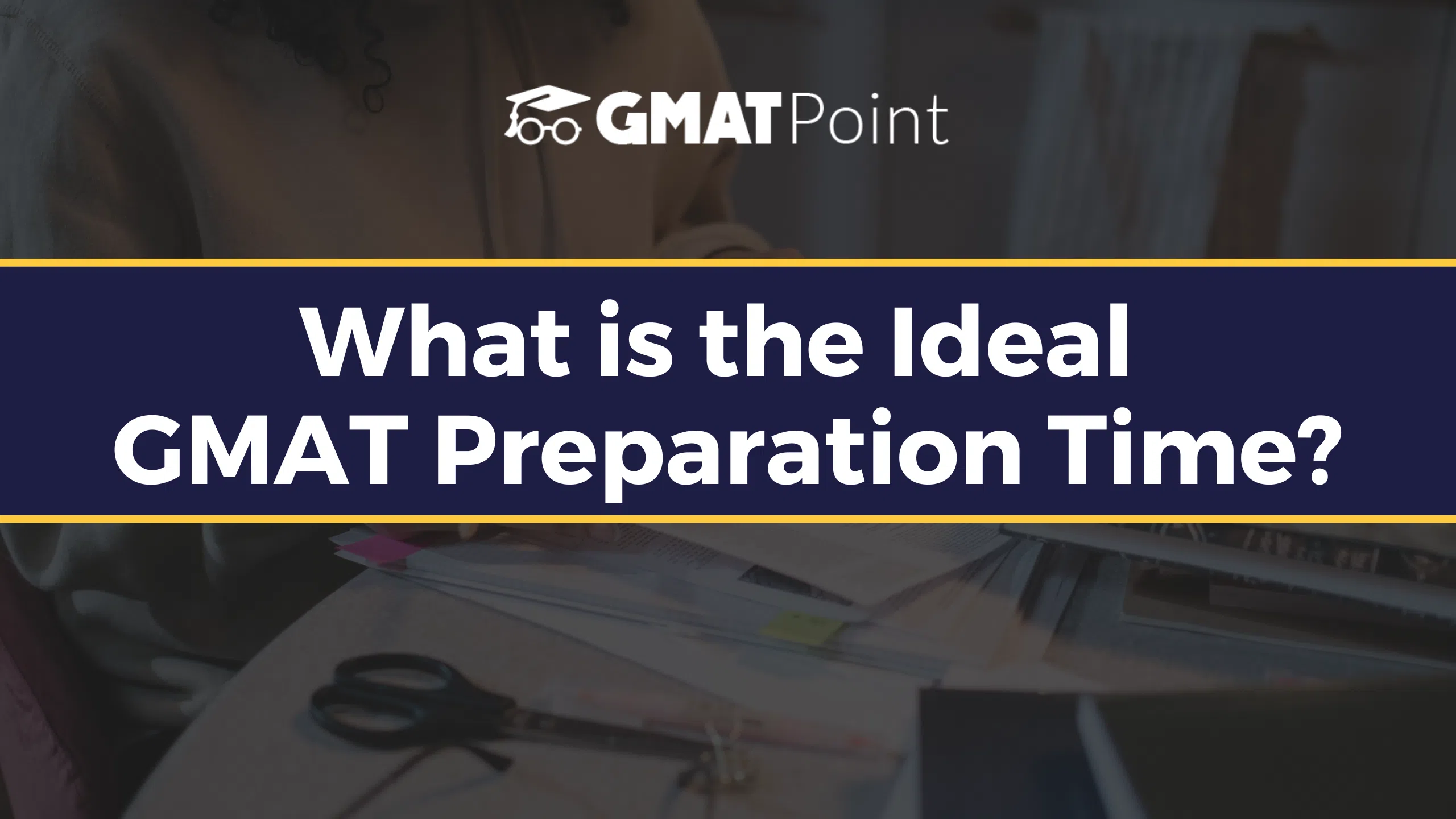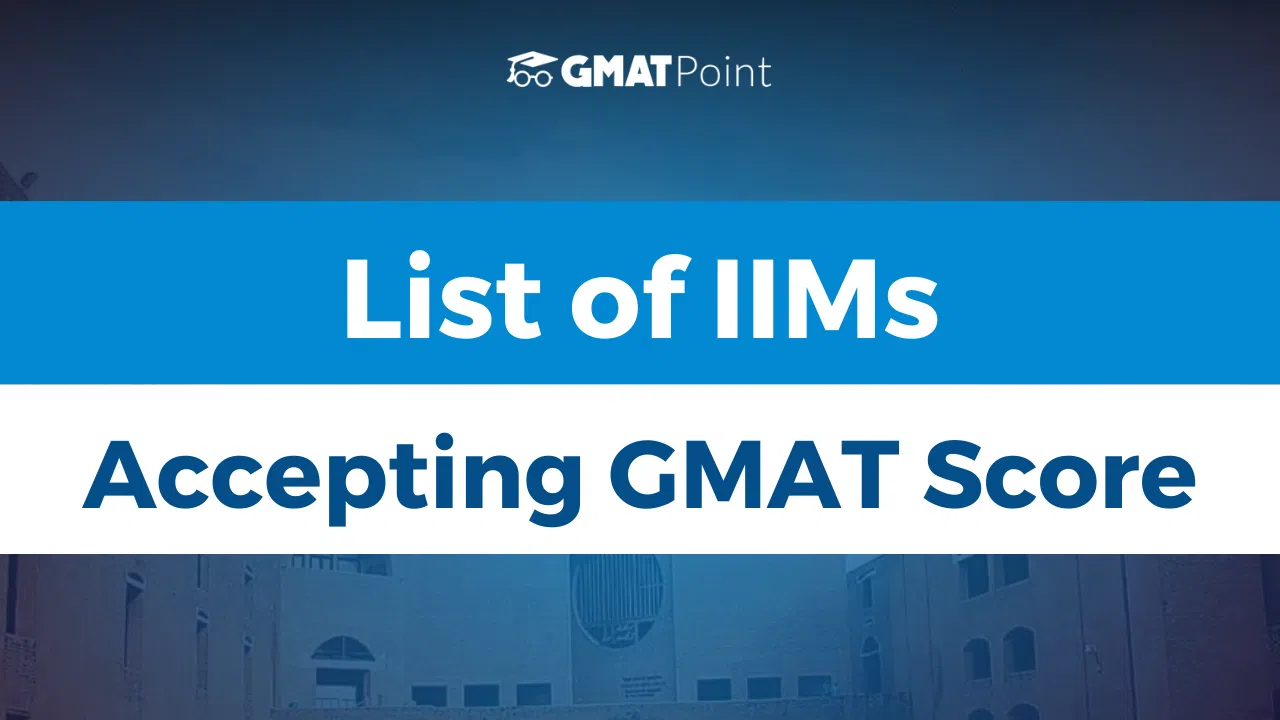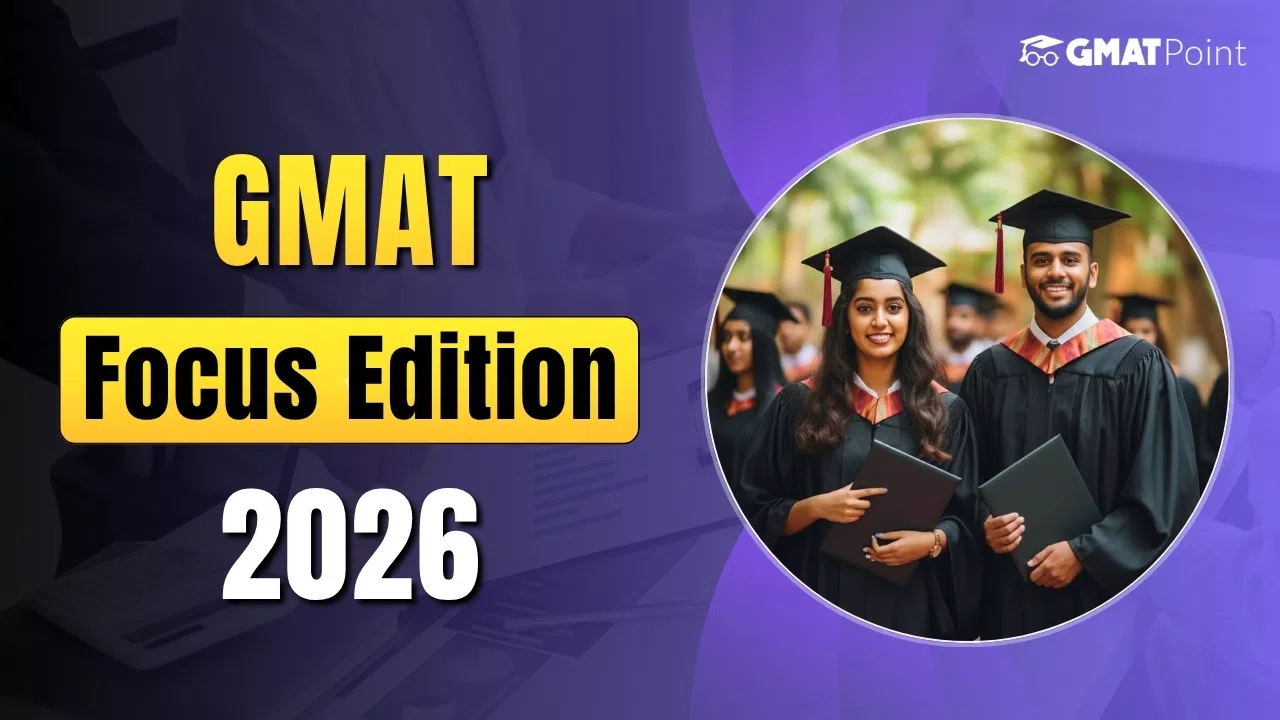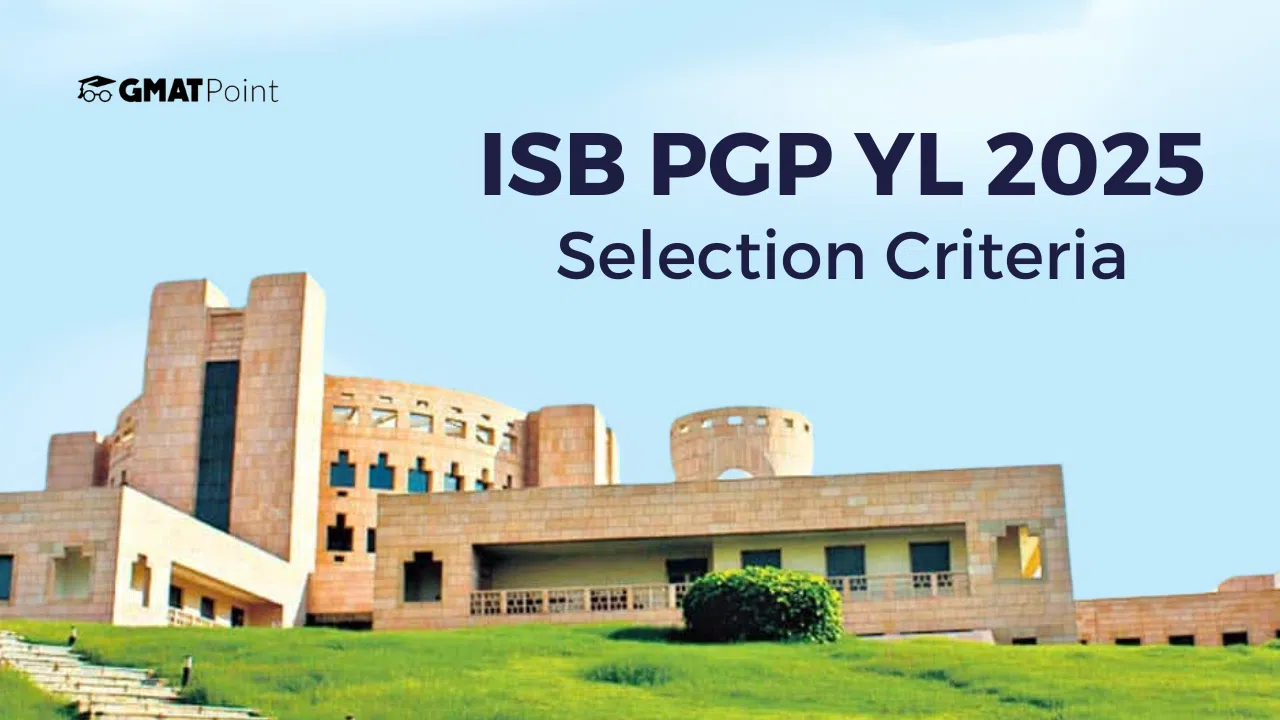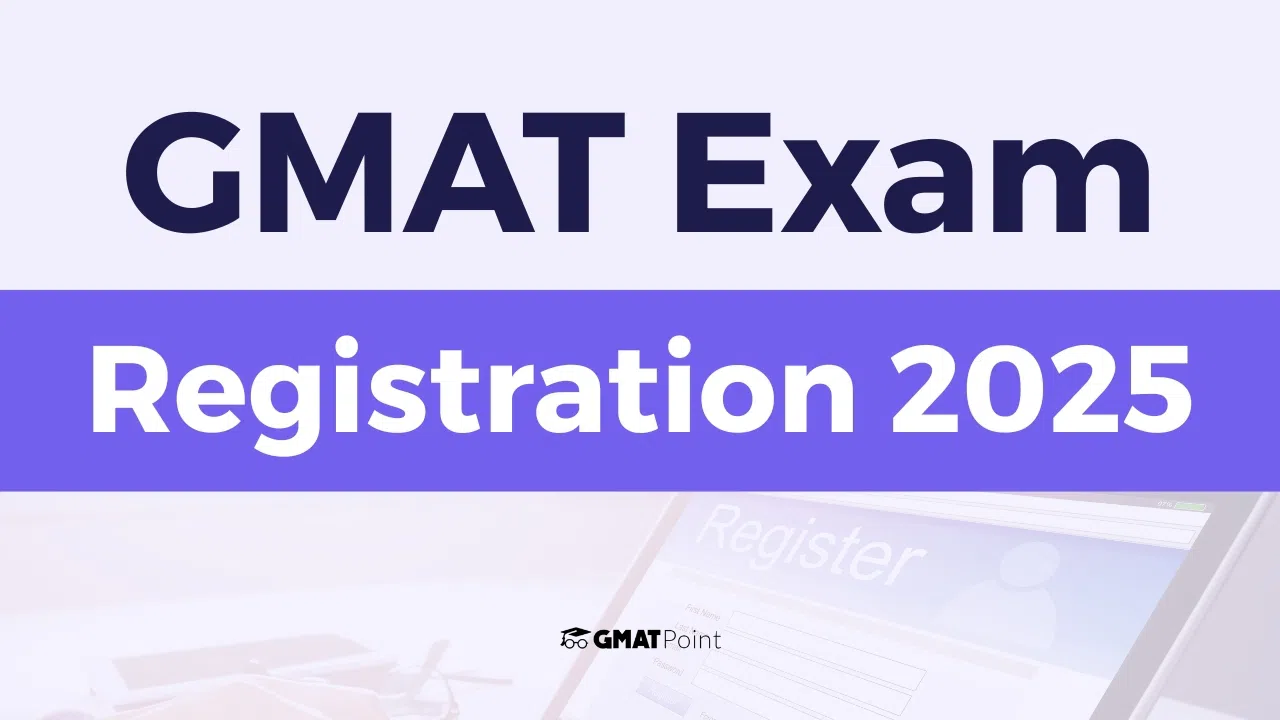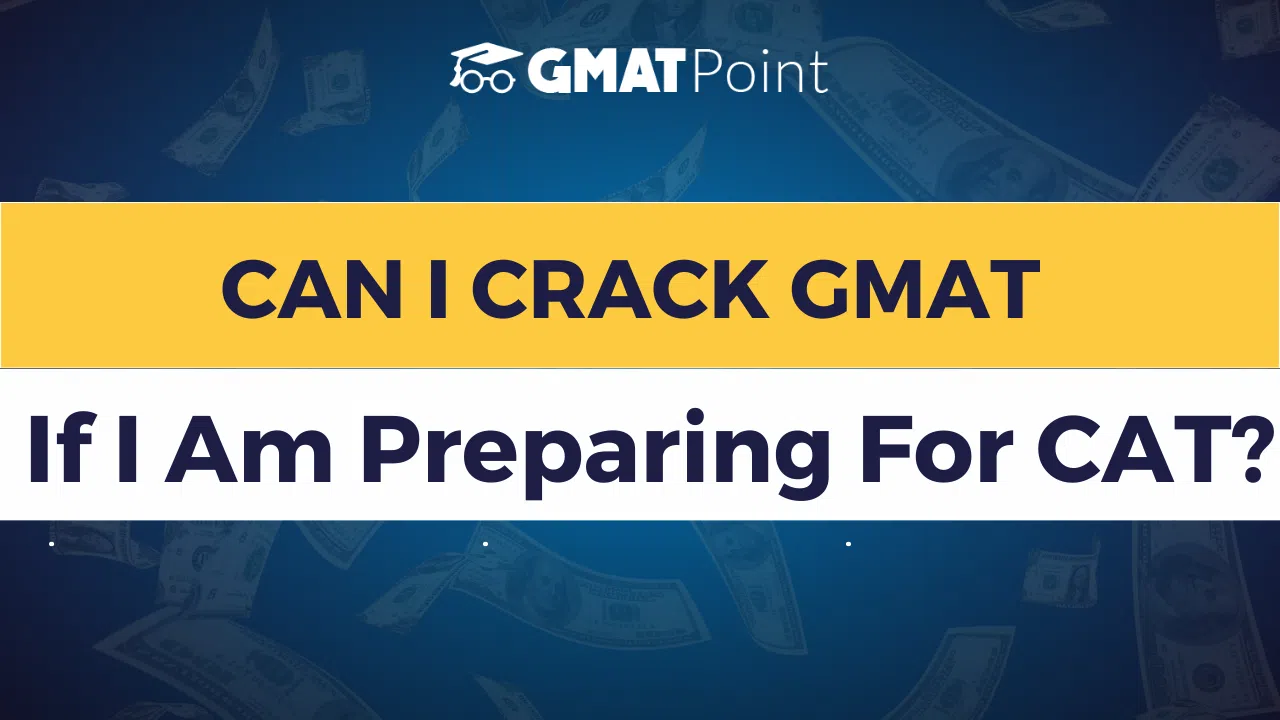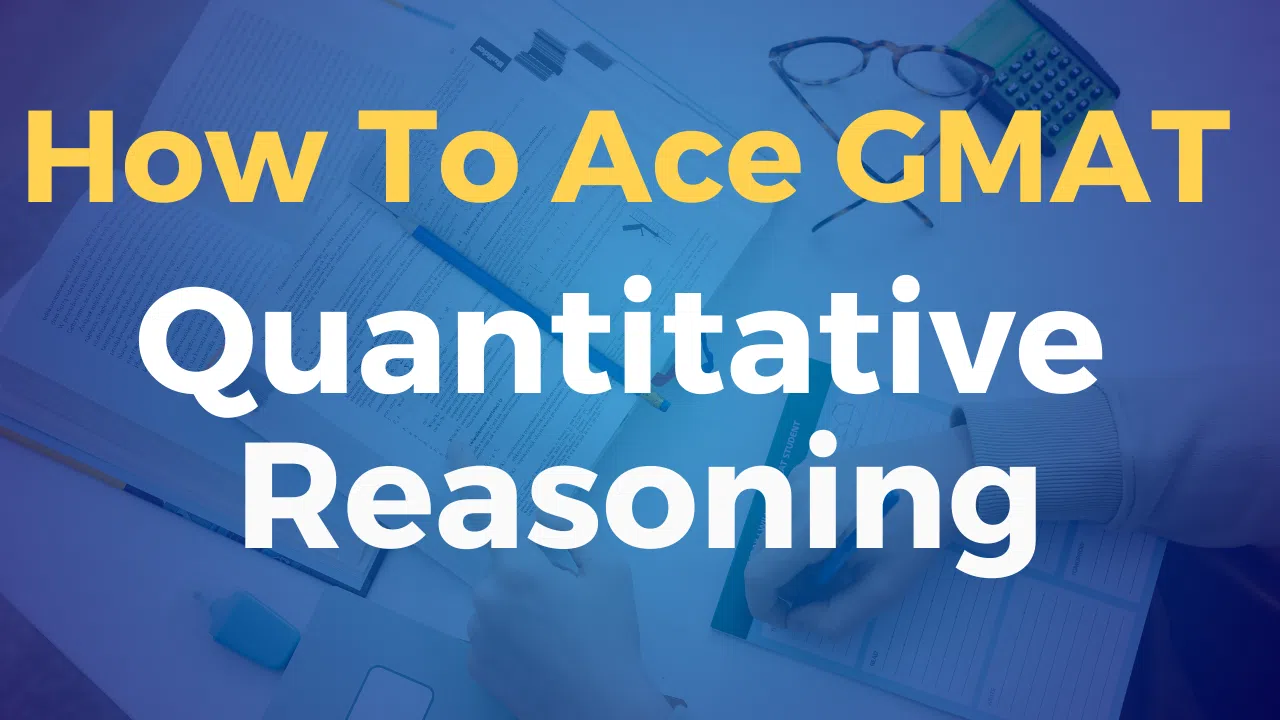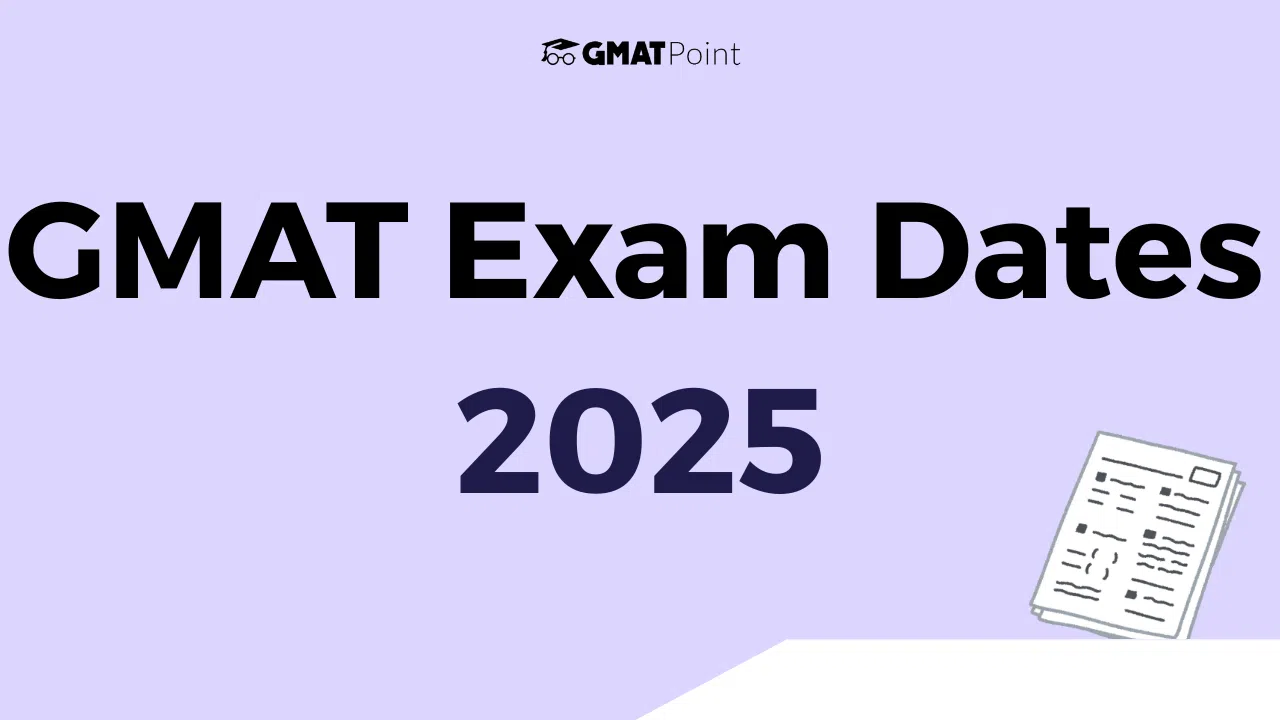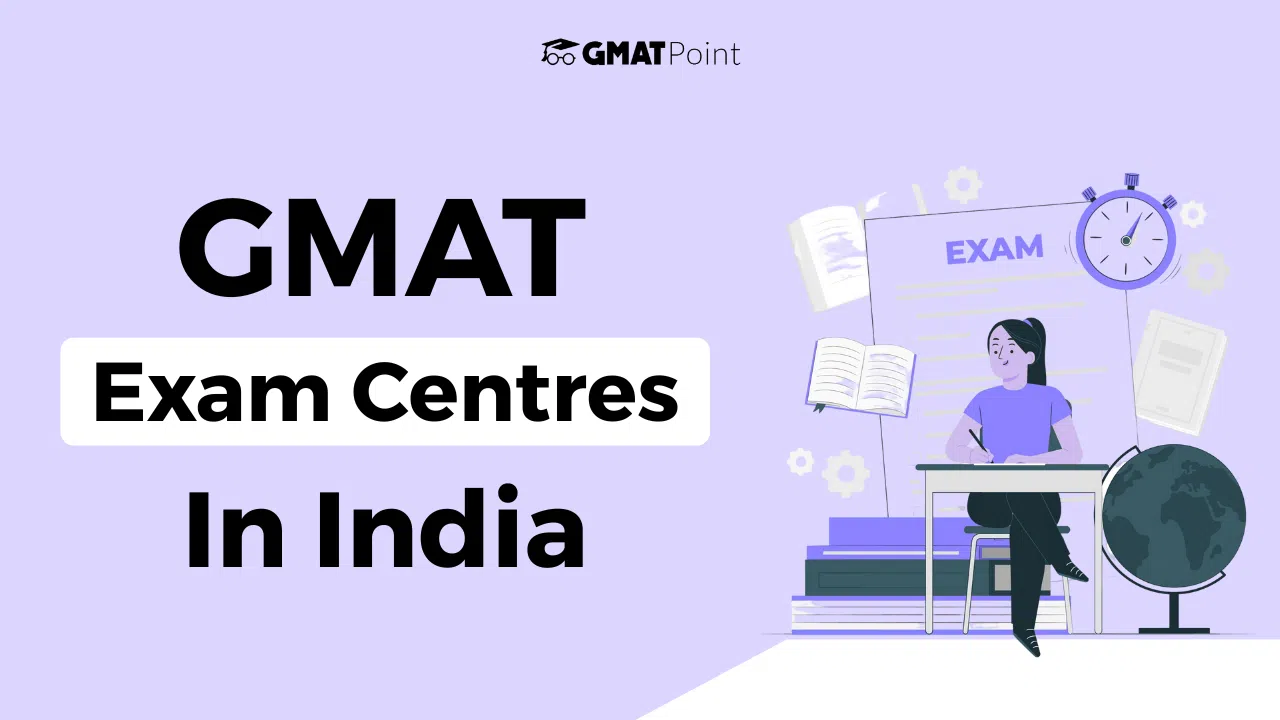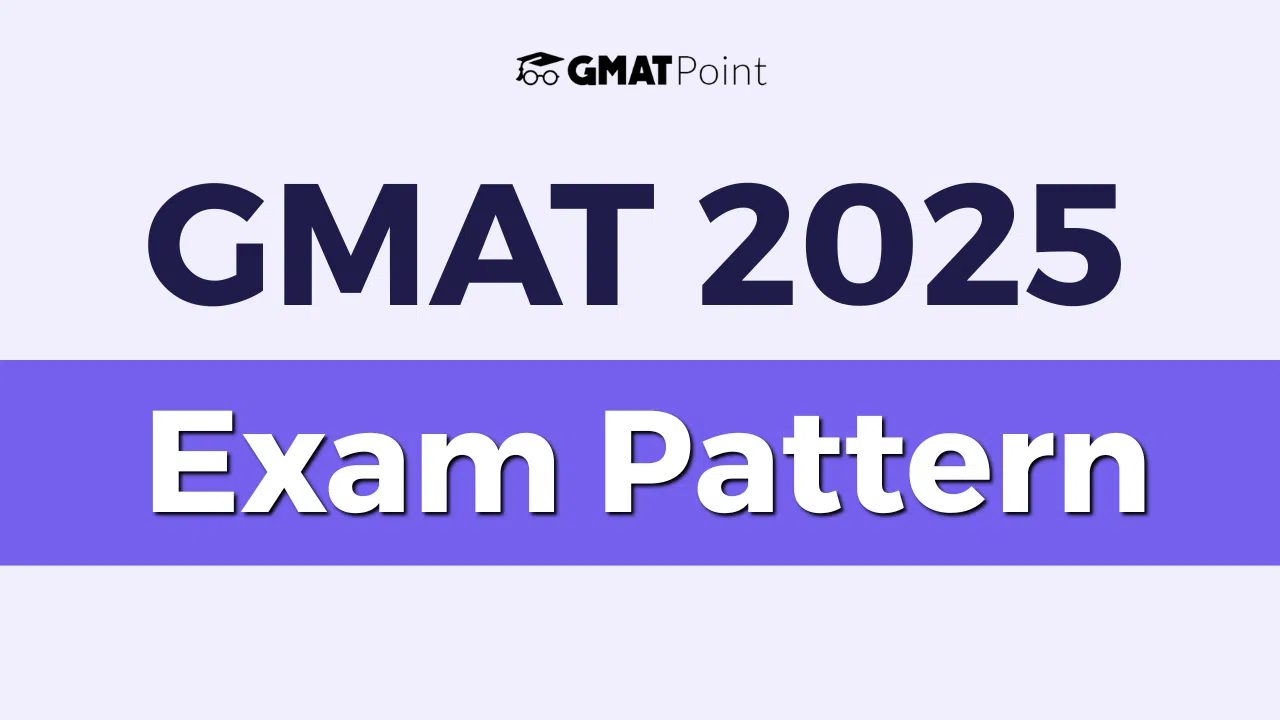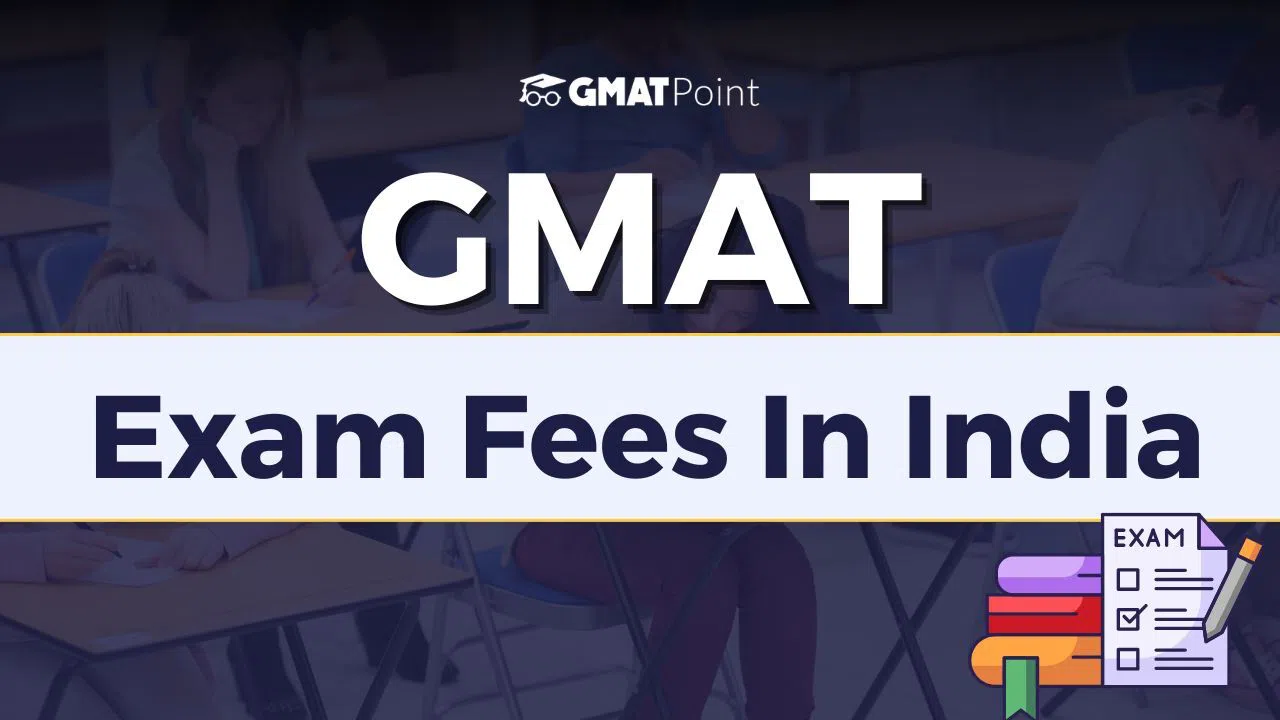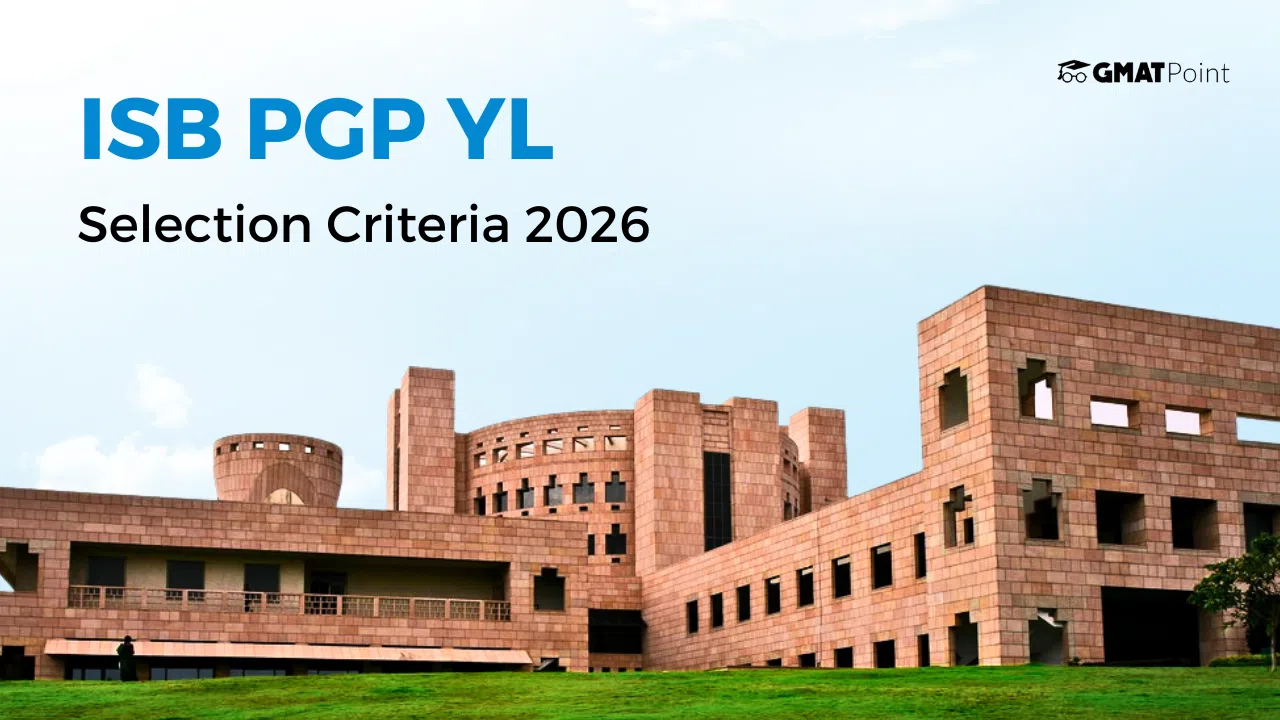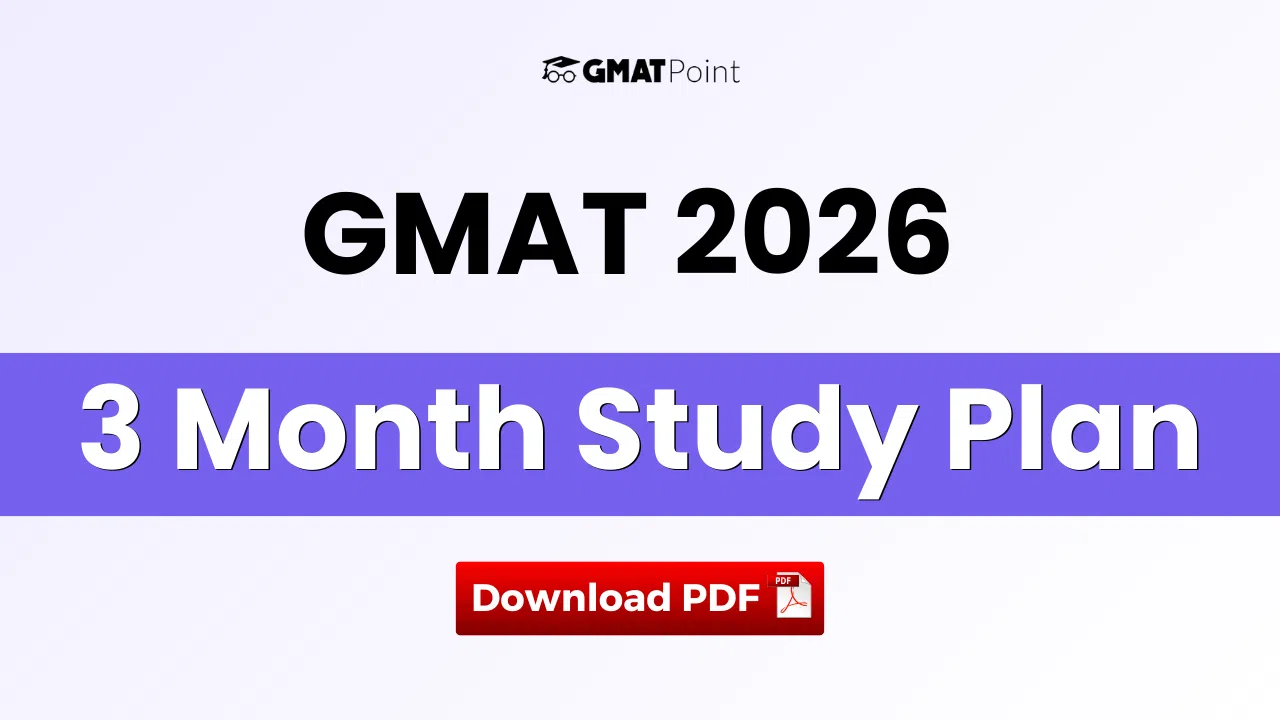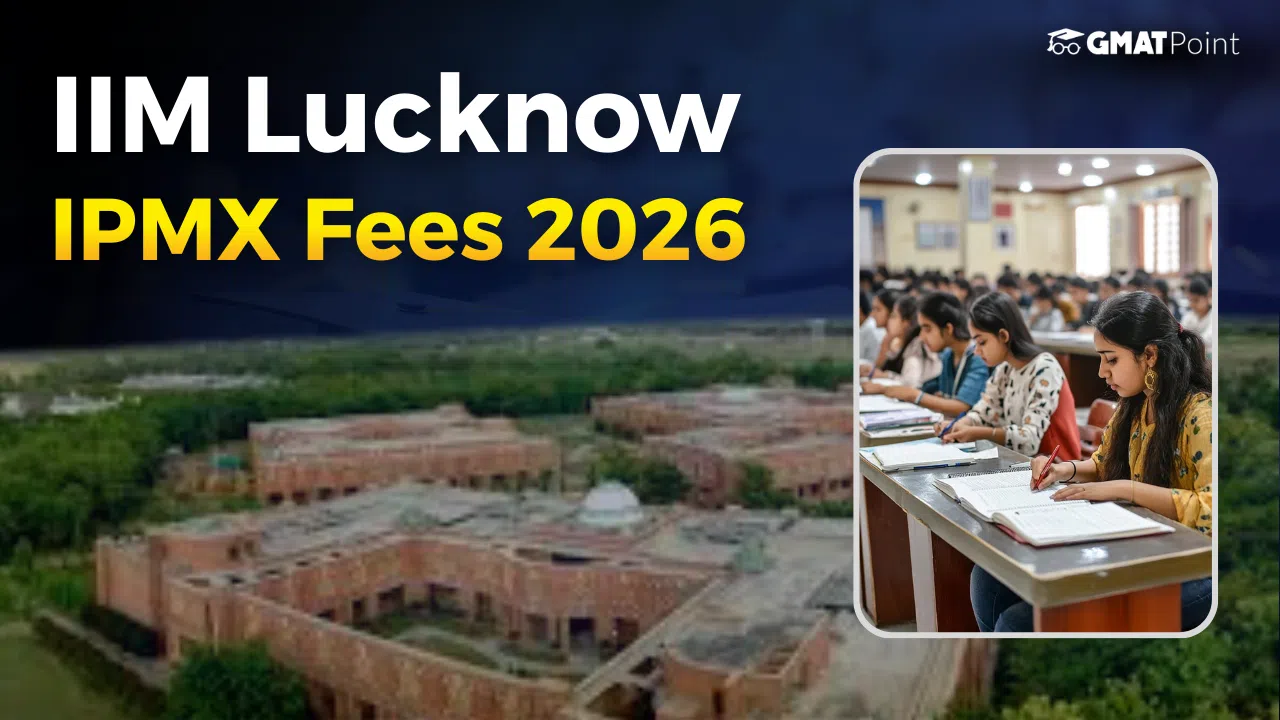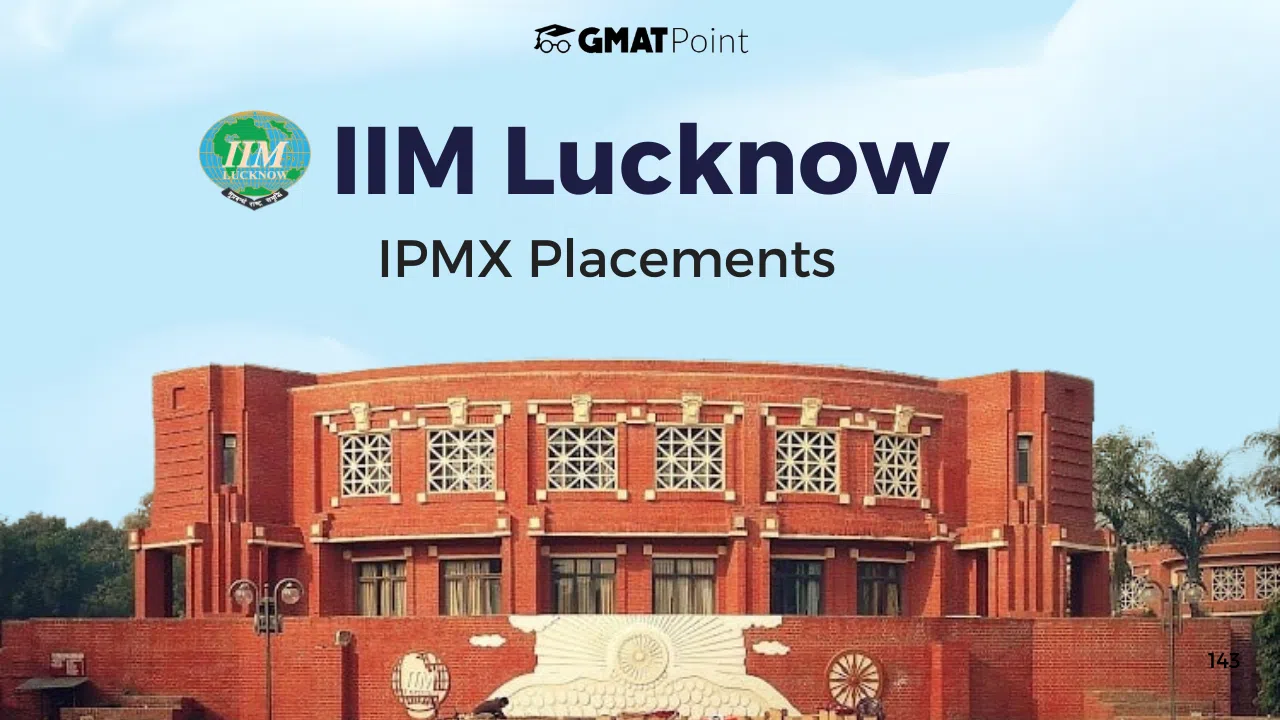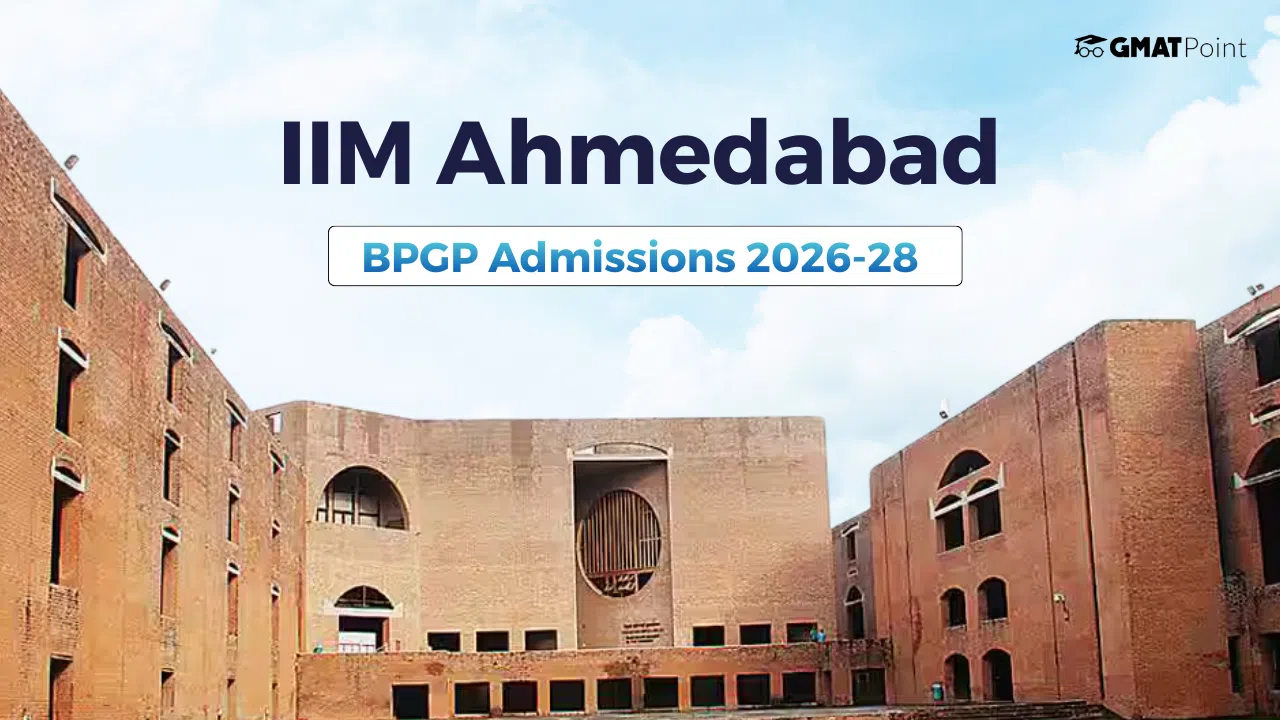GMAT Syllabus 2026: GMAT Focus Edition is a popular computer-based test used by top business schools worldwide for admissions. The scores from GMAT Focus are accepted by over 7000 programs across 2300 colleges and universities. Recently, GMAT introduced a new version called GMAT Focus Edition 2026, which focuses on higher-order critical reasoning skills and data literacy relevant to tomorrow’s business environment. This change has created excitement among students, although it also brings partial changes in the exam pattern, topics' weightage, and test-taking approach. In this article, we will talk about the GMAT focus syllabus of the new version.
What is GMAT Syllabus 2026?
| Sections | Types of Questions |
| Quantitative Reasoning | Algebra, Arithmetic |
| Verbal Reasoning | Critical Reasoning, Reading Comprehension |
| Data Insights | Data Sufficiency, Table Analysis, Multi-source Reasoning, Graphics Interpretation, Two-Part Analysis |
GMAT Exam Pattern 2026
The Graduate Management Admission Council (GMAC) released the GMAT Focus Edition on 7 November 2023 but there were several changes to the exam pattern. Check out the complete GMAT Focus exam pattern below:
| Section | Duration | Number Of Questions | Score |
| Quantitative Reasoning | 45 Minutes | 21 | 60-90 |
| Verbal Reasoning | 45 Minutes | 23 | 60-90 |
| Data Insights | 45 Minutes | 20 | 60-90 |
| Total | 2 Hours 15 Minutes | 64 | 205-805 |
Read More: GMAT Exam Pattern 2026, Section-wise Marking Scheme
GMAT Syllabus 2026: Section-Wise Complete Syllabus
The new format has three parts instead of four. They took out the Analytical Writing Assessment part. Now, there are three parts: Data Insights (used to be Integrated Reasoning), Quantitative Reasoning, and Verbal Reasoning. The Quantitative and Verbal Reasoning parts are like what's in the GMAT now. But there's a new part called Data Insights. It's there to see if you're good with data analysis and numbers. Take the GMAT mock test to understand the exam format. We will discuss the syllabus of each section below
1. GMAT Quantitative Reasoning Syllabus
In the GMAT Focus Edition, the Quantitative Aptitude section has 21 multiple-choice questions. These questions are from algebra and arithmetic only and about how you solve problems. You need to finish all 21 questions in 45 minutes. This section now has Problem-Solving questions only as the data sufficiency questions are removed. It's all about testing your math skills and how well you understand basic math concepts.
GMAT Syllabus 2026: Arithmetic
| Topics |
| 1. Properties Of Integers |
| 2. Fractions |
| 3. Decimals |
| 4. Real Numbers |
| 5. Ratio and Proportions |
| 6. Percentages |
| 7. Powers and Roots of Numbers |
| 8. Descriptive Statistics |
| 9. Counting Methods |
| 10. Discrete Probability |
| 11. Sets |
| 12. Profit and Loss, Discount |
GMAT Syllabus 2026: Algebra
| Topics |
| 1. Simplifying of Algebraic Expressions |
| 2. Equations |
| 3. Solving Linear Equations With One Unknown |
| 4. Solving Two Linear Equations With Two Unknowns |
| 5. Solving Equations by Factoring |
| 6. Solving Quadratic Equations |
| 7. Exponents |
| 8. Inequalities |
| 9. Absolute Value |
| 10. Functions |
Important Notes:
- This section no longer asks Data Sufficiency & Geometry Questions.
- Questions are asked from Arithmetic and Algebra alone.
- A calculator is not allowed in this section.
2. GMAT Verbal Reasoning Syllabus
In the Verbal Reasoning section of GMAT Focus Edition, there are 23 questions about Reading Comprehension and Critical Reasoning. The Reading Comprehension questions check if you understand the main idea and arguments, see the connections between important points, make assumptions, and follow the ideas. These questions want to see if you can find the main ideas, figure things out, use what you know, understand how it's written, and see the style of writing.
GMAT Reading Comprehension Syllabus
| Section | Details |
Reading Comprehension |
|
GMAT Critical Reasoning Syllabus
| Section | Details |
| Critical Reasoning |
|
Important Note: There are no more Sentence Correction questions in this section in the GMAT Focus Syllabus.
3. GMAT Data Insights Syllabus
This is a new part added to the Data Interpretation section of GMAT. This section has 20 questions that you need to answer in 45 minutes. It tests how well you can understand and analyze data. You can use an on-screen calculator for all the questions in this part. This new section combines ideas from the integrated reasoning and data sufficiency topics from before. Check out the detailed questions asked in the Data Insights sections below table:
| Topics | Details |
| Multi-source Reasoning |
|
| Table Analysis |
|
| Graphics Interpretation |
|
| Two-part Analyses |
|
Read More: GMAT Sample Paper 2025, Practice Tests With Solutions PDF
GMAT Syllabus 2026: Conclusion
For GMAT aspirants, understanding the updated syllabus and exam pattern is the first step to effective preparation. Focus on arithmetic and algebra for Quant, strengthen your reasoning and comprehension for Verbal, and practice data interpretation for the Data Insights section. Download the GMAT Syllabus PDF, follow a structured study plan, and take regular mock tests to achieve a high GMAT Focus score in 2026.
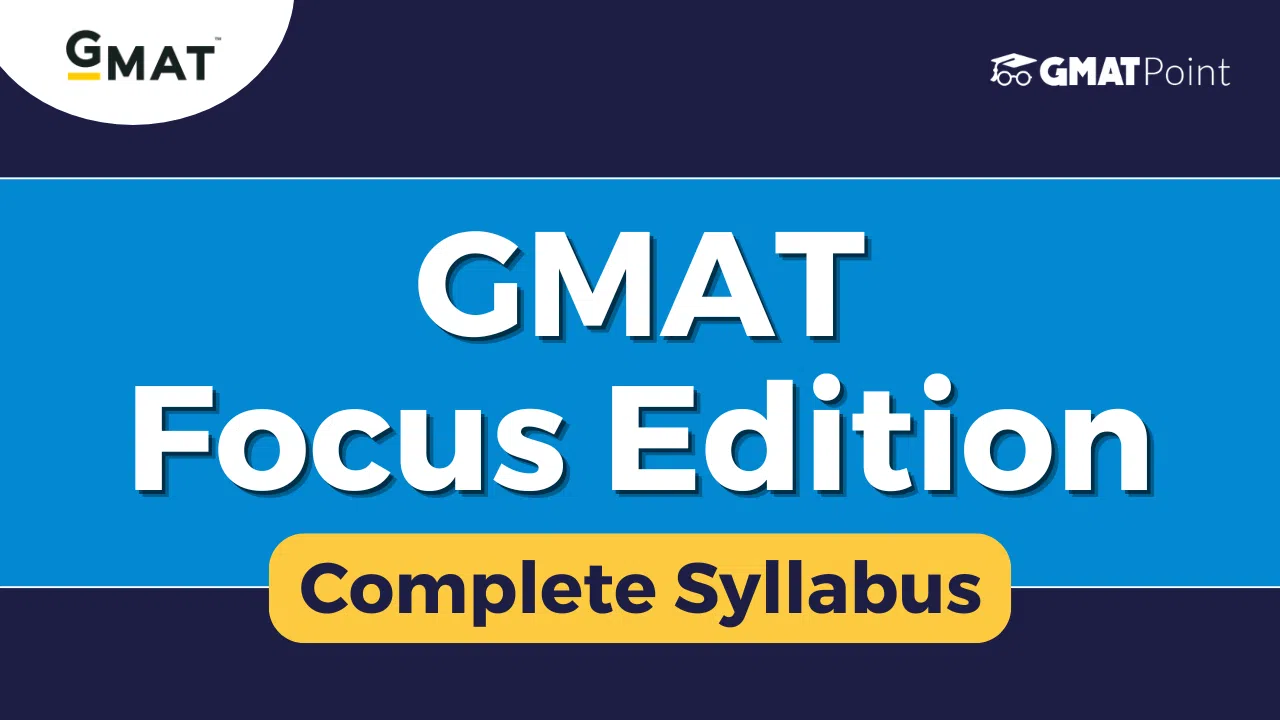


![GMAT Geometry Formulas | Geometry Cheat Sheet [PDF] GMAT Geometry Formulas | Geometry Cheat Sheet [PDF]](https://gmatpoint.com/media/71.webp)
